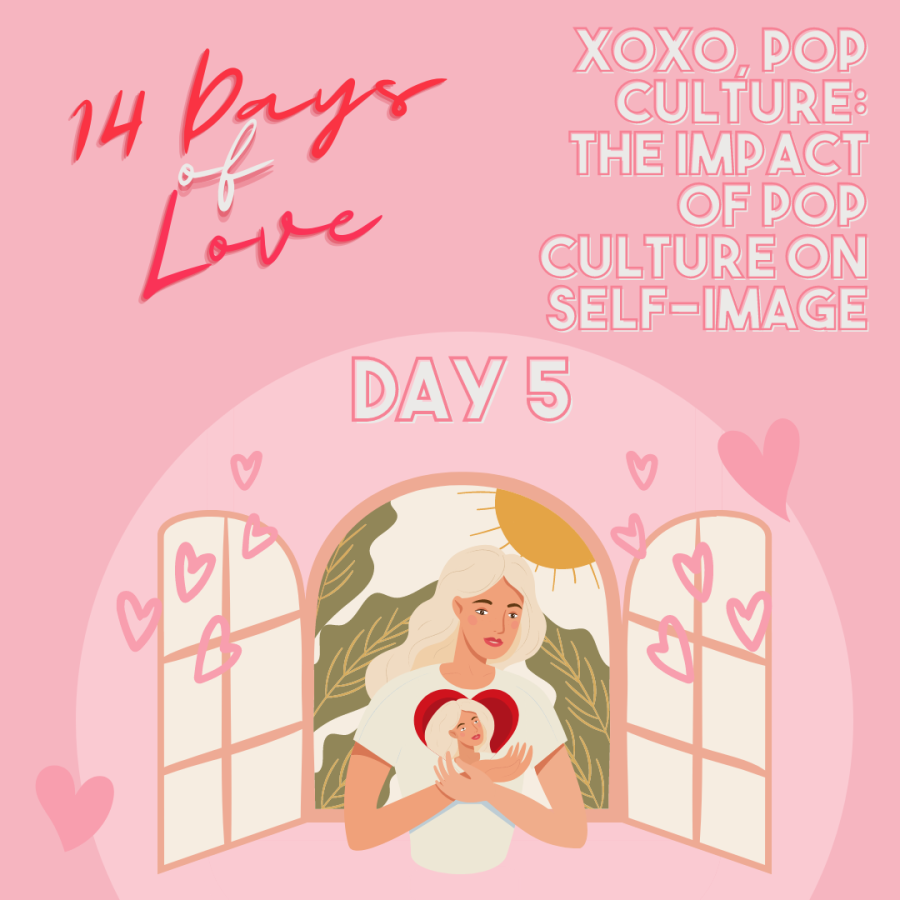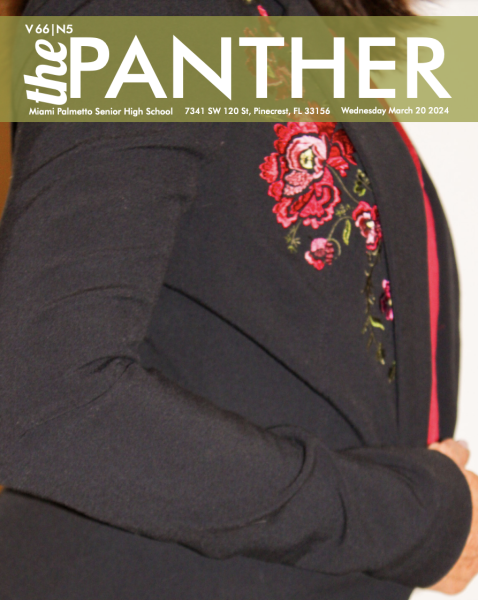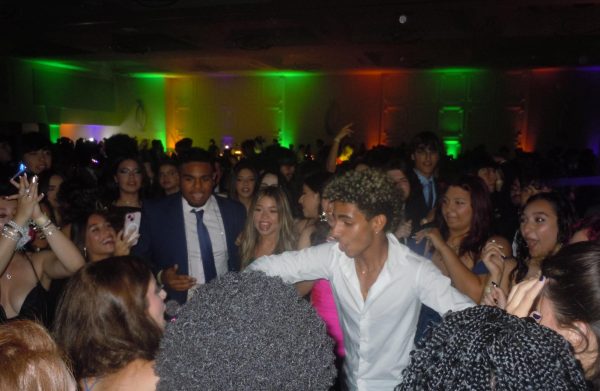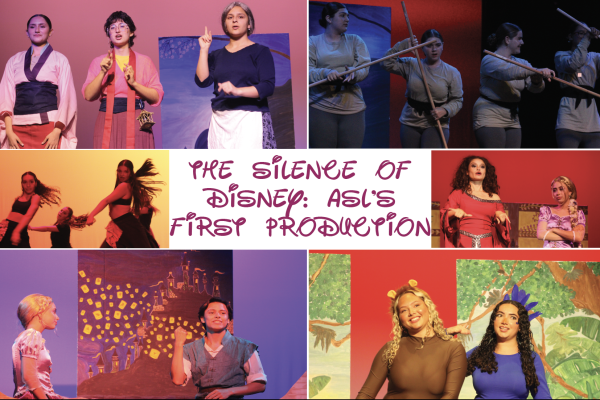14 Days of Love Day 5: XOXO, Pop Culture: The Impact of Pop Culture on Self-Image
February 5, 2022
Everyone knows the age-old saying: “comparison is the thief of joy.” However, in a world where individuals are constantly inundated with magazines, movies, television shows, advertisements and social media — all styled, edited, filtered and made to look like nothing but perfection to the human eye — it is inevitable to start comparing.
Human beings take a critical approach to nearly all things. Analyzing, nit-picking, judging all passersby – society centers itself around popular figures, trying to emulate current beauty standards, trends and aesthetics in order to “fit in.” While some may offer a seemingly simple solution to ignore the noise, the bombardment of advertisements, media and images are a strong undercurrent, eager to overtake all positive messaging.
Adolescents today are growing up in the most digitally-connected world; one can simply open their device and have the world at their fingertips. While this opens doors that were unavailable to generations past, this also means that the comparison goes much further than the grocery store magazines and glamorized television ads of decades past.
Content is available 24 hours a day, seven days a week – content made by celebrities, influencers, family, friends and that three-times removed cousin of a friend who you once happened to stumble upon one night while down the social media rabbit hole. Upon opening an app to either check up on friends, check the engagement on a recent post or just to kill boredom, one can turn what was meant to be a “few minutes” into an hours-long session of saving workout posts that promise a perfect figure, recipes that guarantee zero bloat and a complicated makeup look that guarantees one will look like their favorite supermodel after.
But how can this happen? How can one innocent social media scrolling session turn into this? All it takes is a single picture of a person who receives insurmountable praise for their looks, personality and way of life for one to spiral into a state of mind in which they feel unworthy unless they are viewed the same.
Social media has long been known and recognized by the scientific community for its detrimental health effects, but the combination of social media and pop culture has created a cocktail of continuous content designed to show nothing short of unachievable, indescribable perfection.
In a thesis paper created by Jennifer A. Irving of Smith College that focused on furthering society’s understanding of pop culture and other elements on adolescent girls, Irving found that pop culture has a negative impact on one’s body image, sense of self and identity. Irving also discovered that these core issues eventually created further problems, with some respondents reporting symptoms of depression, anxiety and eating disorders amongst various other issues.
However, consumers of media — children, adolescents, adults and the elderly — are all impacted in some way, somehow by pop culture. For little kids, it may involve desperation for a certain toy branded by a child’s favorite character. For adults and the elderly, it may be motivation to partake in a weight-loss program or make cosmetic alterations to oneself. Pop culture does not just prey on the wants and insecurities of teenagers, its reach touches all.
One’s view of oneself and their place in society changes throughout life, and rightfully so. As one naturally grows, evolves and comes into their own, it is natural to go through changes and continue to discover who one is. While there is no tangible solution to solving today’s modern pop culture crisis, one can take comfort in knowing that they are not alone. Remember, the world is so much better when everyone is 100% authentically themselves, and always staying true to who they are.




















